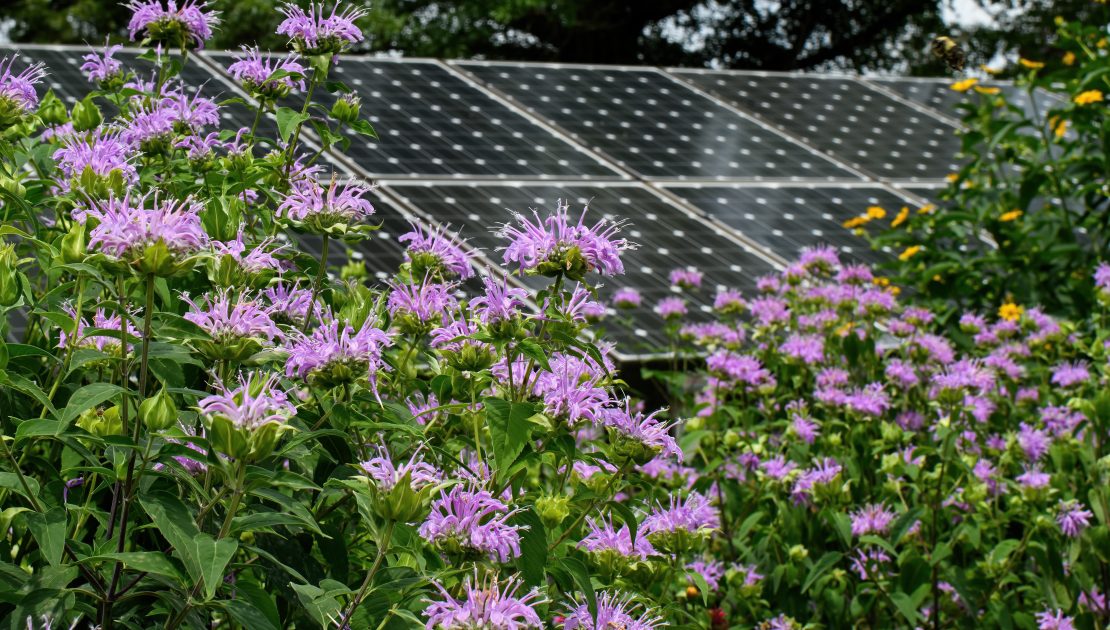Private client insurance brokers
enquiries@castleacreinsurance.comLondon: +44 (0)203 966 3614
UK: +44 1787 211 155
Can the Installation of Renewable Energy Technology Have an Impact on Your Home Insurance?
Can the Installation of Renewable Energy Technology Have an Impact on Your Home Insurance?

- 21 February 2024
- Comments: 0
- Posted by: Castleacre
High energy costs and environmental concerns have meant that more property owners are considering self-funding renewable energy solutions at home. For the owners of historic houses, listed properties, or homes within conservation areas, a complete transition to alternative renewable energy sources, or even a partial conversion is more problematic. Aesthetic considerations, planning issues and insulation all play their part but insurers can also have an impact on the difficulties. Underwriters often view renewable energy technologies, such as biomass boilers, ground, and air source heat pumps, and hydro or wind energy solutions, as being more unpredictable in terms of risk.
Wood pellet biomass boilers are a good illustration of how insurers may view green energy technologies. Initially, these boilers were often incorrectly installed, poorly maintained, and sited within a property with the fuel stored in the same area. Claims were very costly when fire broke out, with two known incidents exceeding £500,000. As a result, insurers are happier if biomass boilers and fuel are stored in a separate building away from the main house to mitigate risk and keep premiums down.
Solar panels have been around for longer than other green energy sources and insurers are generally happy to cover roof panel installations as part of the buildings insurance. It is almost impossible to obtain permission to add solar panels to the roof of a period house or listed property and an alternative solution, which still requires planning permission, is to place free-standing solar panels at ground level. There are some risk considerations with ground installations as the panels can be more prone to theft or damage and you can now store unused energy onsite via battery storage rather than returning it to the grid. While many of us have seen the dramatic fires caused by lithium batteries on electric bikes. Insurers have yet to see a huge number of claims in relation to larger domestic battery stores because they are currently uncommon; as these become more widely used claims are likely to rise and this may make underwriters more nervous about potential risk, at least in the short term. Again, we would advise that these battery units are stored away from the house if possible.
There are of course risks with more long-standing energy sources. Gas leaks can cause catastrophic explosions and a domestic oil leak can have serious environmental consequences, especially near water courses, as well as affecting soil substructure underneath building foundations. Insurers are more familiar with these risks and can calculate the likelihood of a potential claim with older technology because there is more available data over a longer period.
Inevitably as newer green energy technologies are installed by more homeowners, underwriters will gain a more accurate picture of the probability of a claim, and this should moderate premiums over the long term.
If you are thinking of investing in renewable energy solutions it is always advisable to talk to your broker or insurer and ask their advice on how this may impact your insurance premiums before installation.
